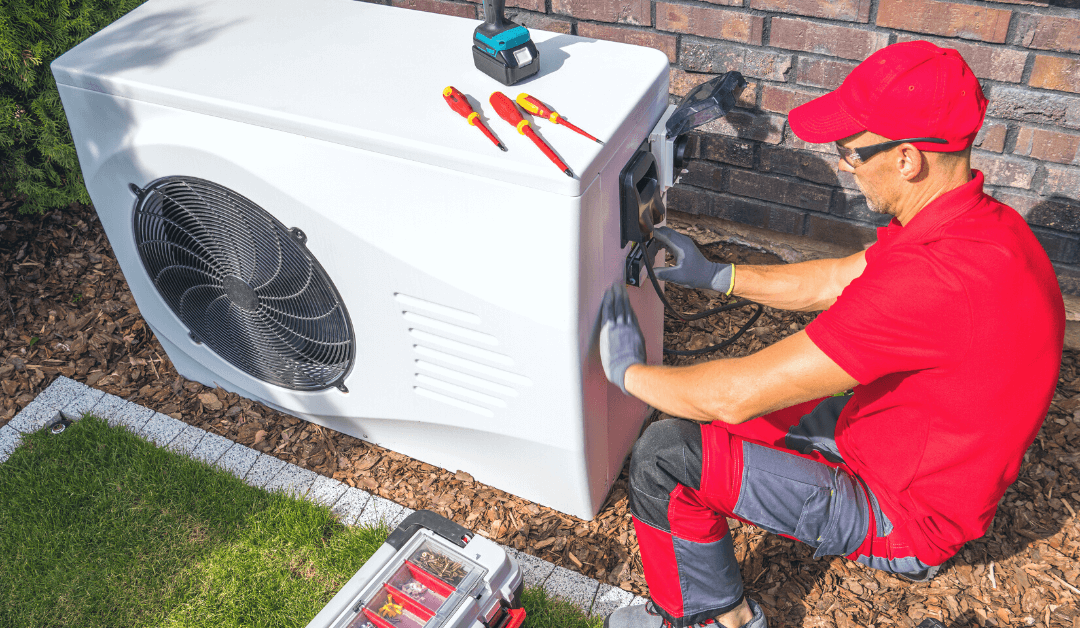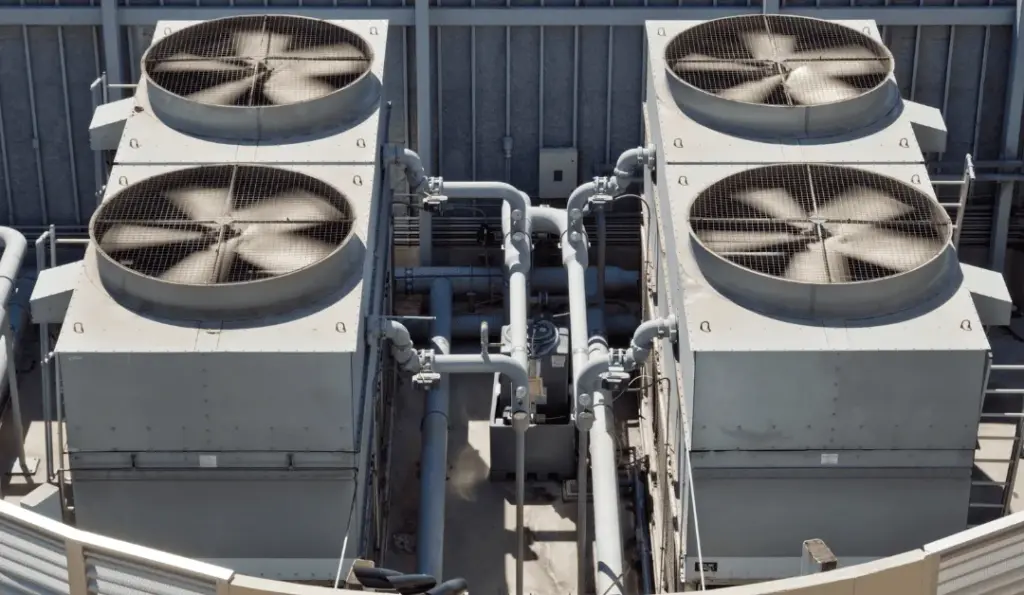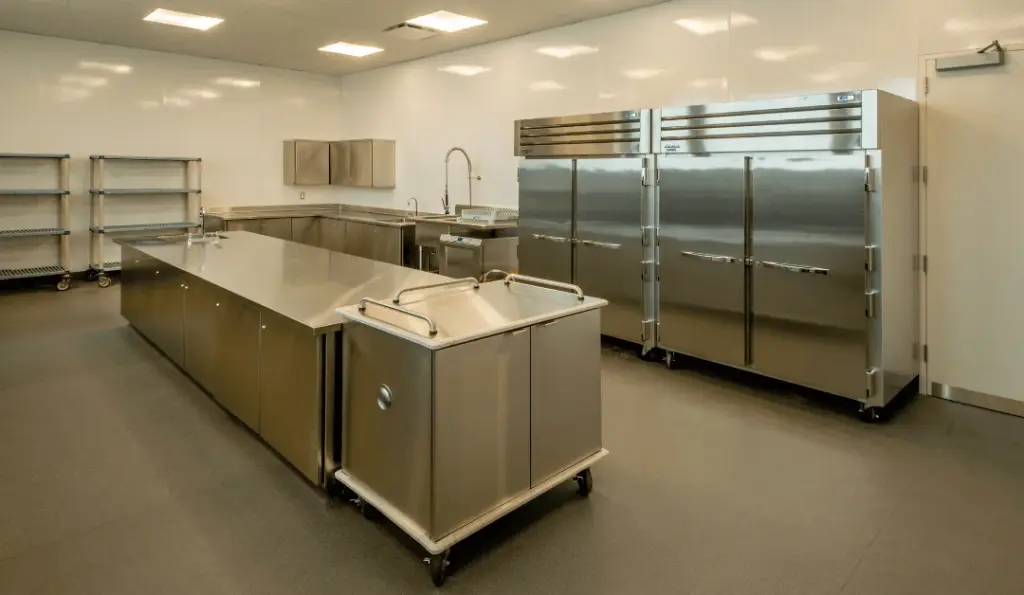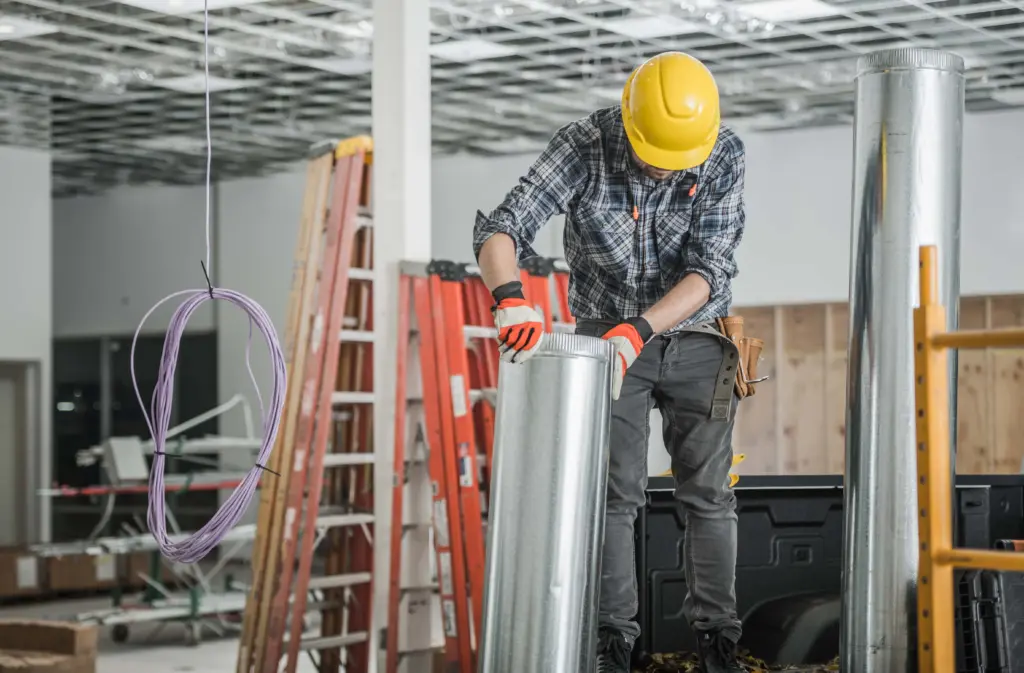AC ductwork is designed to distribute cool air throughout your home. However, it is not uncommon for AC ducts to sweat. Sweating ductwork is not only unsightly, but it can also lead to mold and mildew growth, causing health problems for your family. In this article, we will discuss what causes AC ductwork to sweat and how to fix it in Birmingham, Alabama.
What Causes AC Ductwork to Sweat?
AC ductwork can sweat when the cold air from your air conditioner comes in contact with the warm, humid air inside your home. When the temperature of the ductwork is lower than the dew point of the air inside your home, moisture can condense on the surface of the ducts, causing them to sweat.
Several factors can contribute to sweating ductwork, including:
- Poor Insulation: Ductwork that is poorly insulated can cause the temperature of the ducts to drop, leading to sweating. Proper insulation can help to maintain a consistent temperature in the ductwork, reducing the likelihood of sweating.
- Inadequate Ventilation: Inadequate ventilation can cause humidity levels to rise in your home, leading to sweating ductwork. Ensure that your home is adequately ventilated by opening windows and using exhaust fans.
- Clogged Air Filters: Clogged air filters can cause your AC system to work harder, leading to a drop in temperature in the ductwork, causing it to sweat. Regularly changing your air filters can help to maintain proper airflow and reduce the likelihood of sweating ductwork.
- Oversized AC System: An oversized AC system can cause the air inside your home to cool too quickly, leading to temperature drops in the ductwork and sweating. Make sure that your AC system is properly sized for your home.
How to Fix Sweating AC Ductwork
If you have noticed sweating ductwork in your Birmingham home, there are several steps you can take to fix the problem. These include:
- Insulate Your Ductwork: Adding insulation to your ductwork can help to maintain a consistent temperature and prevent sweating. Consider using spray foam insulation, which can provide a more complete seal around your ducts.
- Increase Ventilation: Increasing ventilation in your home can help to reduce humidity levels, preventing sweating ductwork. Use exhaust fans in your bathroom and kitchen, and consider opening windows to improve airflow.
- Clean or Replace Air Filters: Dirty or clogged air filters can cause your AC system to work harder, leading to sweating ductwork. Clean or replace your air filters regularly to maintain proper airflow.
- Use Dehumidifiers: If you live in a particularly humid area, consider using a dehumidifier to reduce humidity levels in your home.
- Repair or Replace Damaged Ductwork: Damaged ductwork can lead to sweating, as well as other issues such as poor airflow and energy inefficiency. Hire a professional HVAC technician to repair or replace any damaged ductwork.
Preventing Sweating Ductwork
Preventing sweating ductwork can help to maintain a comfortable and healthy indoor environment. Some steps you can take to prevent sweating ductwork include:
- Regular Maintenance: Schedule regular maintenance for your AC system to ensure that it is functioning properly.
- Proper Sizing: Ensure that your AC system is properly sized for your home to prevent temperature drops and sweating ductwork.
- Inspect Your Ductwork: Regularly inspect your ductwork for any signs of damage or wear and tear. Hire a professional to repair or replace any damaged ductwork.
- Keep Your Home Cool: Keep your home at a consistent temperature to prevent temperature drops in your ductwork.
You Might Also Like: Dehumidifier Facts and Home Uses You Should Know
Don’t Sweat It!
Sweating ductwork can be a common problem for Birmingham homeowners. It can lead to mold growth and health problems for your family, but there are steps you can take to fix and prevent it. Proper insulation, ventilation, air filter maintenance, and professional repairs are all important in maintaining a comfortable and healthy indoor environment. By following these tips and scheduling regular AC system maintenance with Service Tech, you can ensure that your home remains cool and dry without any sweating ductwork issues.





